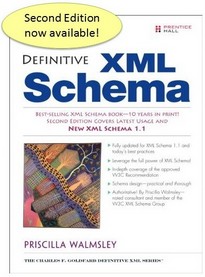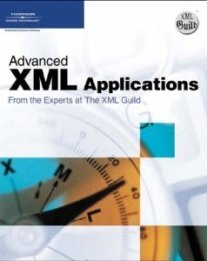xsd:dateTime
The type xsd:dateTime represents a specific date and time in the format CCYY-MM-DDThh:mm:ss.sss, which is a concatenation of the T". All of the same rules that apply to the xsd:dateTime as well.
An optional time zone expression may be added at the end of the value. The letter Z is used to indicate Coordinated Universal Time (UTC). All other time zones are represented by their difference from Coordinated Universal Time in the format +hh:mm, or -hh:mm. These values may range from -14:00 to 14:00. For example, US Eastern Standard Time, which is five hours behind UTC, is represented as -05:00. If no time zone value is present, it is considered unknown; it is not assumed to be UTC.
Simple Type Information
Namespace: http://www.w3.org/2001/XMLSchema
Schema Document: datatypes.xsd
Content
- Based on xsd:anySimpleType
- White Space: collapse
Examples
| Valid values | Comment |
|---|---|
2004-04-12T13:20:00 | 1:20 pm on April 12, 2004 |
2004-04-12T13:20:15.5 | 1:20 pm and 15.5 seconds on April 12, 2004 |
2004-04-12T13:20:00-05:00 | 1:20 pm on April 12, 2004, US Eastern Standard Time |
2004-04-12T13:20:00Z | 1:20 pm on April 12, 2004, Coordinated Universal Time (UTC) |
| Invalid values | Comment |
2004-04-12T13:00 | seconds must be specified |
2004-04-1213:20:00 | the letter T is required |
99-04-12T13:00 | the century must not be left truncated |
2004-04-12 | the time is required |
an empty value is not valid, unless xsi:nil is used |
Type Inheritance Chain
- xsd:anySimpleType
- restricted by xsd:dateTime



